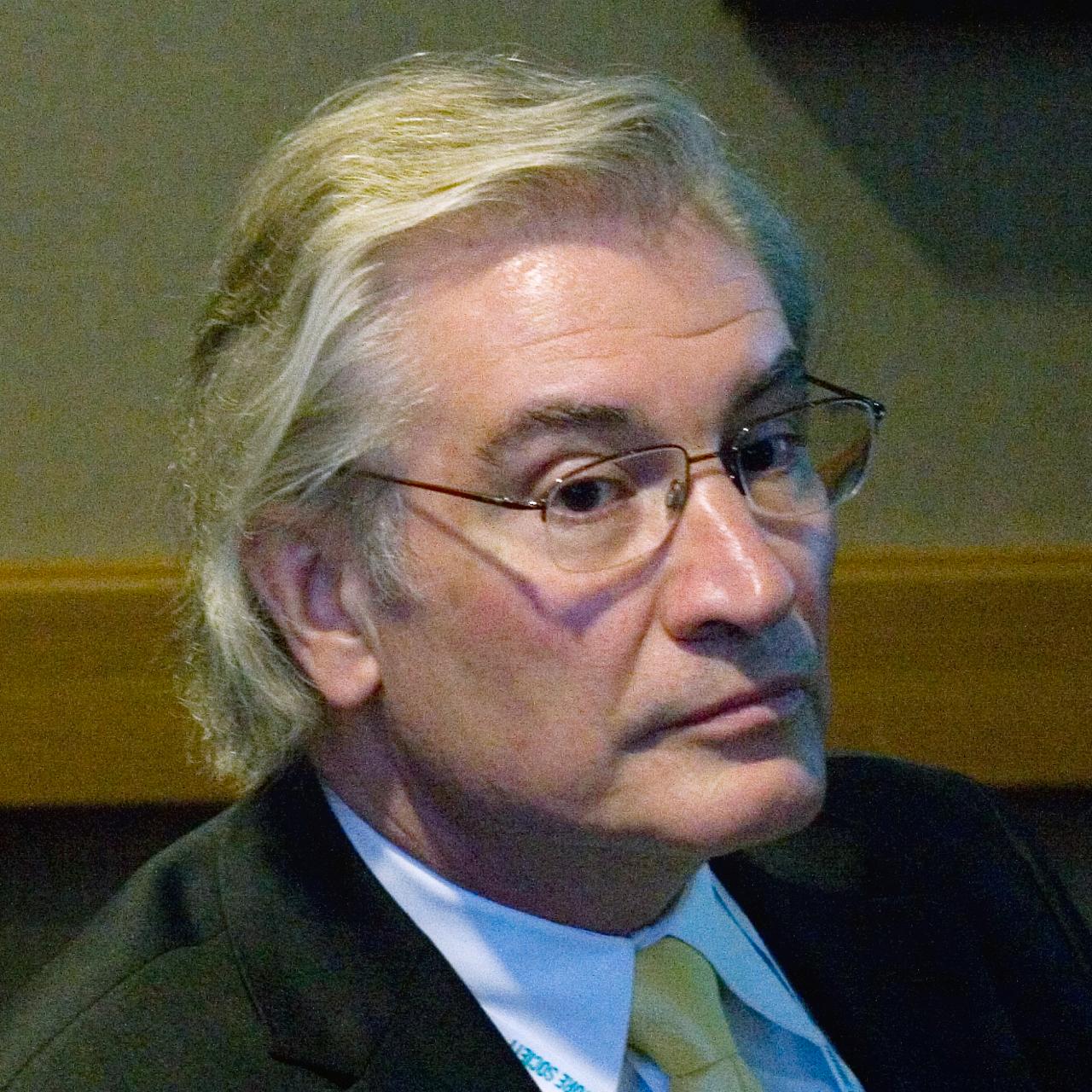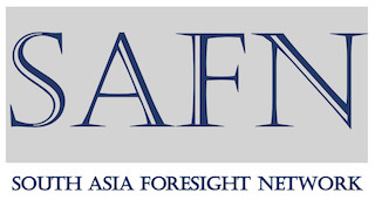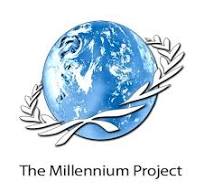Message from Jerome C Glenn for the Launch of the SAFN Website
NEWS


Good morning to our friends in Thailand, from Washington, D.C.
It is a great pleasure to deliver this message on the occasion of the official launch of the SAFN website in Thailand, hosted by Professor Kriengsak at the Nation Building International Institute (NBII). SAFN, one of our regional networks established in 2023, plays a vital role in advancing futures thinking and collaborative research in South and Southeast Asia.
At the outset, I warmly congratulate both SAFN and NBII on their new and timely partnership. I am confident that this collaboration will bring immense value to regional research, policy innovation, and long-term strategic planning.
As we all recognize, we are navigating an era of profound geopolitical transformation. From rising protectionism and tariff disputes to escalating armed conflicts, the resurgence of zero-sum mentalities is destabilizing many regions. Just weeks ago, nuclear-armed neighbors India and Pakistan approached the brink of open conflict—reminding us of the fragile balance that persists in South Asia. It remains one of the most conflict-prone and least integrated regions in the world, grappling with widespread poverty and extremist threats.
In the midst of these challenges, there is also opportunity. Thailand and Sri Lanka are led by two young and dynamic leaders—Prime Minister Paetongtarn Shinawatra, 38, and President Anura Kumara Dissanayake, 56—who now face a historic chance to redefine the region’s trajectory. With pragmatic foresight and futures-oriented planning embedded in national agendas, both countries can transform regional instability into a foundation for sustainable growth and integration.
SAFN and NBII can serve as critical conduits to support this transformation—helping policymakers anticipate change, navigate uncertainty, and design resilient strategies. That is why I proposed the idea of synergetic relationships: cross-border collaborations rooted in shared challenges and opportunities, where nations invest time and intelligence not in competition, but in synergy.
Let me briefly elaborate on this concept. A synergetic relationship emphasizes mutual reinforcement—where diverse actors align their efforts in research, foresight, and policy to co-create solutions that transcend national boundaries. In today's interconnected world, no single nation can solve tomorrow’s problems alone. Whether addressing climate change, AI governance, or regional economic integration, we must foster mechanisms of collective intelligence.
Despite growing concerns over funding constraints in U.S.-based research, I want to assure our partners that the Millennium Project remains fully operational and unaffected. We are 100% independent and active in more than 70 countries. Our strength lies in our decentralized, participatory model. We do not impose top-down structures. Instead, our national nodes evolve organically—respecting local cultures and values while contributing to a global intelligence system for the future.
Thailand, with its deep cultural heritage and civilizational legacy as Siam, remains a pivotal actor in Southeast Asia. Similarly, Sri Lanka—strategically positioned along the East-West maritime corridor—is a vital geopolitical hub. Both countries have the potential to become foresight leaders in their respective subregions.
Looking ahead, I invite both governments to deepen their engagement with the Millennium Project. We welcome greater collaboration on key initiatives such as AGI (Artificial General Intelligence) governance, SOFI 20.0 (State of the Future Index), and our contributions to the United Nations' efforts on AI governance and global foresight frameworks. Your active participation can help shape global standards on ethical AI, sustainable development, and anticipatory governance.
In conclusion, I once again congratulate SAFN, under the leadership of Asanga Abeyagoonasekera, and NBII, under the guidance of Professor Kriengsak Chareonwongsak, on this important milestone. Thank you for your enduring commitment to regional cooperation and to building a more informed, resilient, and prosperous future for Asia and the world.
Jerome C. Glenn
Executive Director, Co-founder and CEO of the Millennium Project


